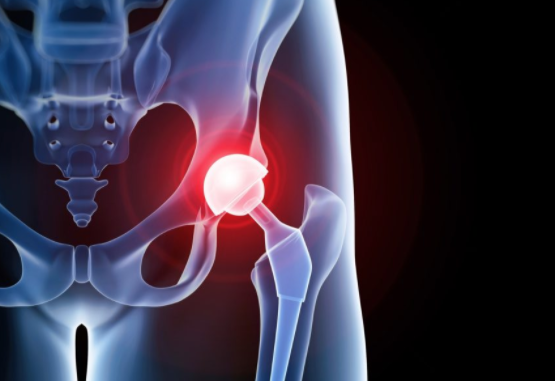Prosthetic Joint Treatment
- icshealthsciencejournal

- Jul 25, 2020
- 2 min read
Prosthetic Joint Treatment
Written By: Tawan Petpaiboon
July 25, 2020
One of the diseases that provokes pain in the joints include the prosthetic joint infection (PJI). Prosthetic joint infection is caused by a bacterial infection in which the individual has experienced joint replacement, and the metal used for the replacement is contaminated with bacteria. This causes swelling and pain in the joints. In some cases, it can be a precursor of death. The normal way of treatment is to perform surgeries and use antimicrobials. Because the disease is ignited by bacterial infection, one possible cure that scientists have discovered is the usage of bacteriophages.
Since the cause of PJI is bacteria, it is necessary to destroy the bacteria. To kill even the antibiotic-resistant ones, a possible pathway is by using bacteriophages. Bacteriophages are viruses that kill bacteria by bursting them. This discovery was found by Dr. Suh from Mayo Clinic. She used this therapy to treat a man with many antibiotic and surgical experiences. There was a biofilm, a region in which there is a bacterial colonization, in the man’s joint replacement. This biofilm allows bacteria to grow in the presence of antibiotics. Due to that fact, the treatment of antibiotics does not respond quite as well. In contrast, the usage of bacteriophages produced positive results, and no symptoms were shown.
Another example of a successful case in using bacteriophage therapy involves one caused by the bacterial strain Pseudomonas aeruginosa. A woman of an age of 80 was diagnosed with obesity, diabetes, and kidney failure. She had received several implantations in her right knee. This only worsened the pain, and her knee became swollen. Soon after, the treatment of the phages was used on the patient, and the pain decreased. However, there were some side effects such as confusion, which is related to neurotoxicity, and eGFR (a measure of how well your kidney is functioning), which is related to nephrotoxicity.
Although the minority of people have PJI, it is still a serious disease that can lead to death. The treatment of the phages may reduce the conditions, but scientists have to keep in mind that the experiment should still be repeated. This explains why this method has not been approved yet. There are also other ways that could be alternatives of antibiotics in treating this disease. This includes debridement and implant retention (DAIR), in which pathogens are removed from wounds. Further study and research is being done by scientists to explore more ways to treat PJI as well as other bacterial infections with antibiotic resistance, hoping to fight over one of the global health issues.







Comments